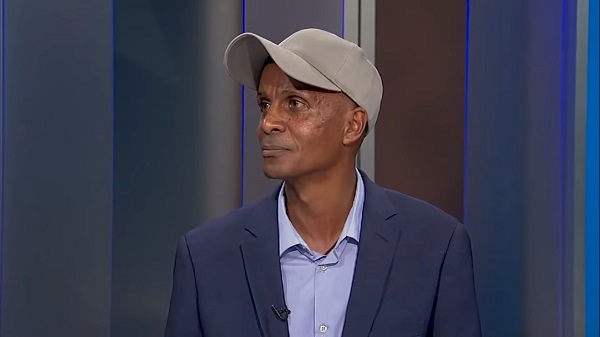
WASHINGTON, D.C. – Eskinder Nega, an Ethiopian journalist imprisoned repeatedly for his reporting, will talk about press freedom in his country and around the world at the National Press Club on 9 December 2019.
The event is jointly sponsored by the Club and its nonprofit affiliate National Press Club Journalism Institute.
Government authorities in Ethiopia have targeted Eskinder Nega, a writer and editor who has founded newspapers and blogs, by enforcing vaguely worded national security laws. Most recently, he served nearly seven years of an 18 year sentence from 2012 until last year.
The Club has repeatedly championed Eskinder* and the cause of press freedom in Ethiopia. Eskinder is also the recipient of awards from PEN America, the International Press Institute and other organizations.
While conditions for media in Ethiopia have improved since last April when a new prime minister took office, journalists still face challenges.
The Club, the world’s leading professional organization for journalists, represents more than 3,000 reporters, editors and professional communicators worldwide. The Institute promotes an engaged global citizenry through an independent and free press, and equips journalists with skills and standards to inform the public in ways that inspire civic engagement.
For more information about these issues, contact Jim Kuhnhenn, NPCJI Press Freedom fellow by phone or email at 202-264-0783 and jkuhnhenn@press.org or John M. Donnelly, NPC Press Freedom Team chairman at 202-650-6738 and jdonnelly@cq.com.
About the National Press Club
The National Press Club is a professional and social club for working journalists and communications professionals that has been a Washington institution for more than a century. Founded in 1908 as a haven for reporters in the nation’s capital to relax, enjoy a drink and play cards, the National Press Club has flourished to become the World’s Leading Professional Organization for Journalists™, one of the most popular event venues in the nation’s capital for hosting professional and social events, and a full-service multimedia production facility to help communicate news and information to a global audience.
* Ethiopians use patronymic names rather than family names. That is, a person in Ethiopia is addressed by his/her given name as there is no such thing as ‘family name’ or ‘inherited name.’
